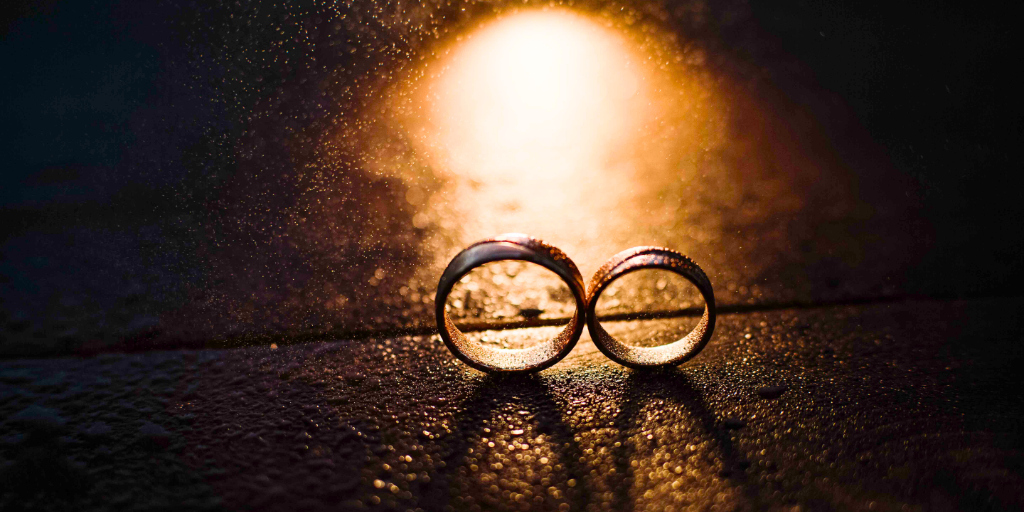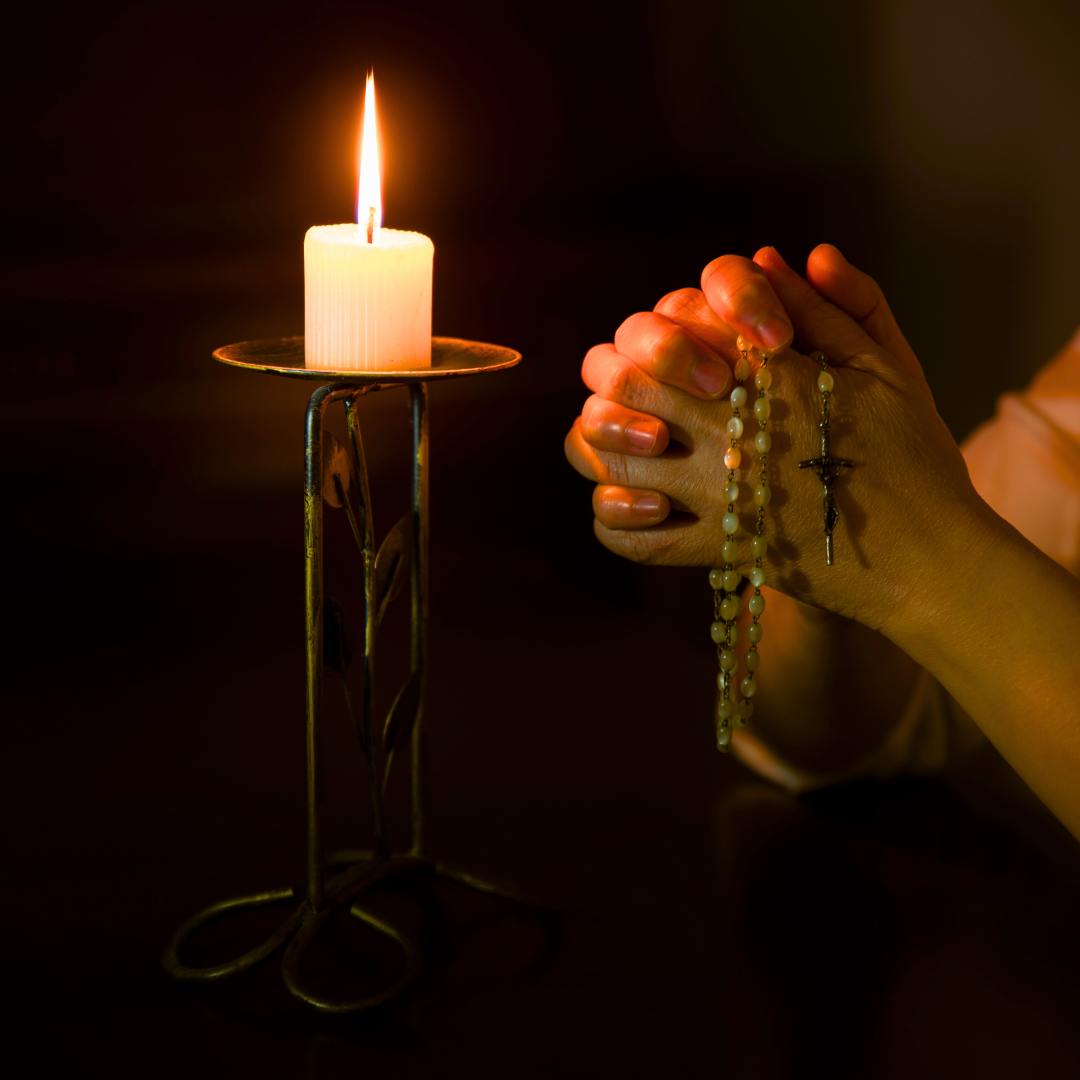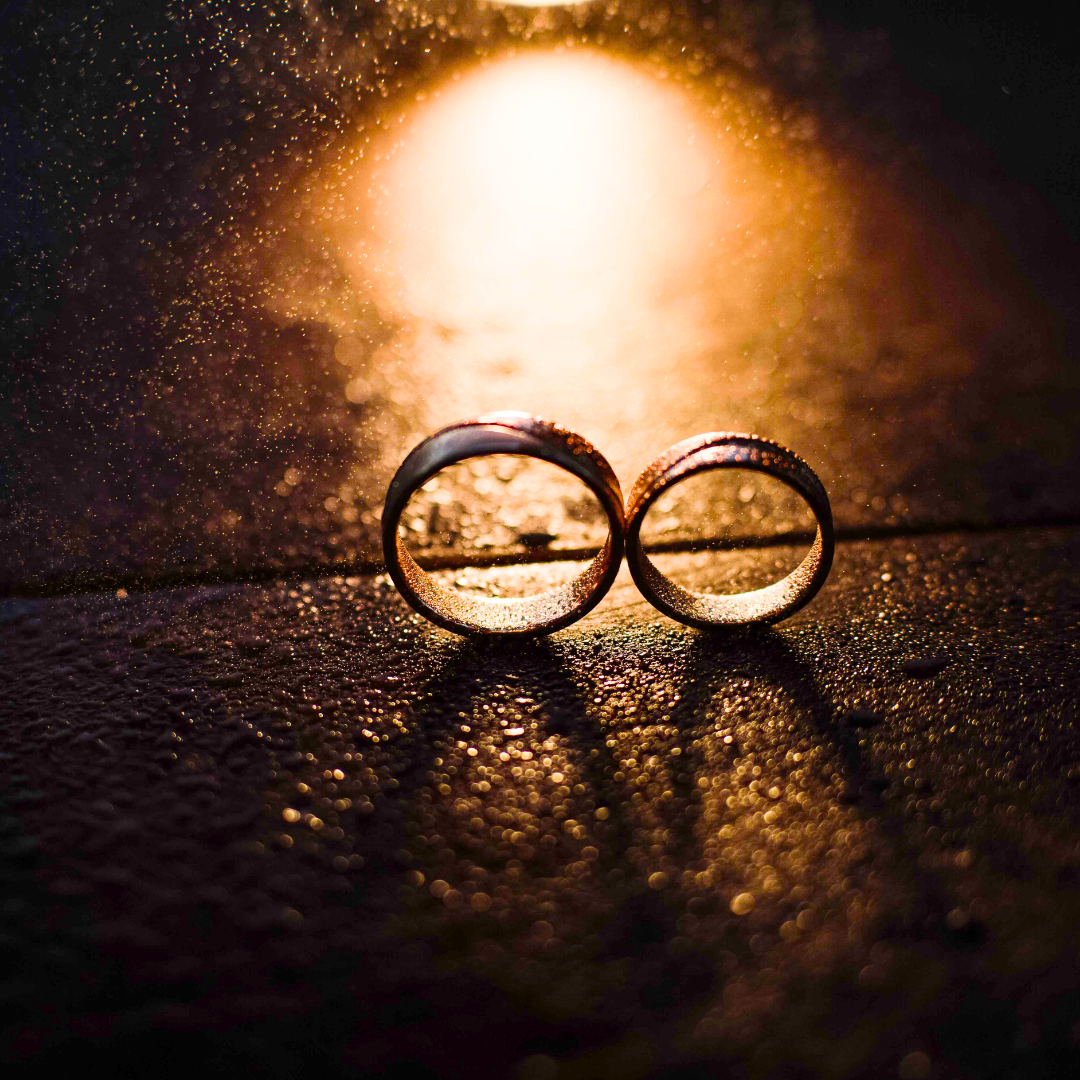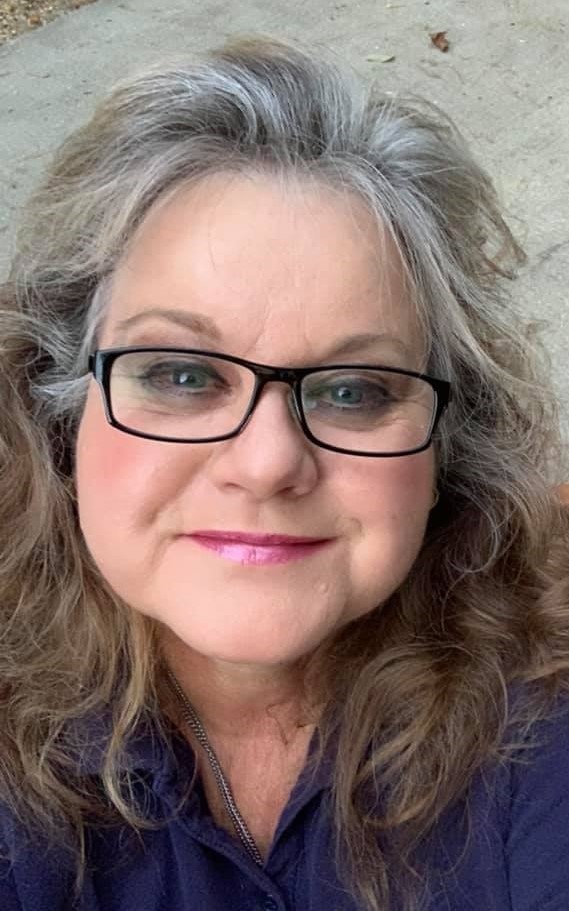
Sarah Torbeck offers a unique perspective on the marriage sacrament—before and after the loss of her husband.
“I am a widow.”
The first moments after Steve died, I stared into the cold, morning light, and whispered those final words more to myself, than to my family—who were still reeling with shock from the finality of Steve’s death.
I had never spoken the words before; I had never even practiced saying them, although I had been allowed a grace period of several days to come to terms with the fact that my husband, Steve, was dying. The idea of widowhood had never really become part of my mental framework until that time. Yet now, it was utterly relevant and even defining.
It has been almost three years since I uttered those final words, and I find myself still intrigued by their meaning, and their effect.
Soon after Steve died, I was besieged with advice and maxims, affection and stern warnings. All were received with a grateful heart, for I knew they were offered with love and good intentions. But there was one prescription that never quite made its way into the dusty files of my memory banks:
“Don’t let the word ‘widow’ define you. You are more than that.”
I have never been really sure what the goal of that statement was, but it has always stayed with me, and I think of it often.
I just recently scheduled another Mass for my husband for this November (the traditional time for the Church to offer special prayers and devotions for the dead), and I found myself pondering the label, the role, the vocation of … widow.
Long before my husband’s death, I had met and fallen in love with the man, married him, given him children, raised a family with him, ironed his uniforms every morning, listened to his joys and sorrows at night. I had celebrated with him; I had grieved with him. There was nothing we had not done together.
Only … now we are no longer together. Perhaps this is the most tangible descriptor for what it means to be a widow. I am separated from the one who was “bone of my bones, and flesh of my flesh” (Genesis 2:23). In those first few months of widowhood, I wasn’t even sure if I could survive without the soul of the man that had become so deeply entwined with my own.
But God is good, for suffering illuminates, and wisdom descends.

My marriage to Steve is in the rearview mirror now, but this has provided me with an unusual perspective that is imbued with a richer and deeper understanding. So, allow me to offer you a rare glimpse into the other side of the Sacrament.
Once upon a time, the marriage I shared with Steve was celebrated before God and witnesses. We strived to live out our Marriage Sacrament with love, prayer and (truckloads) of patience. Yet within the business of living, we often forgot that the Sacraments are capable of producing grace—huge quantities of grace—if we cooperate with God’s plan.
In our case, that is exactly what happened. How do I know this? How can I be so sure of this? I know … because I am still engulfed in that river of grace that flowed from our Sacrament. I can feel it swirling around me, as it travels downstream and into the lives of the family and friends … and even my readers … who have remained in this world with me. It has sustained us, and lifted us up, as we continue on this pilgrimage without the physical presence of their father, their loved one, their friend … my husband.

As November presses on, you’ll probably find me in church … attending Mass, lighting a candle, praying—and yes—still loving my husband with all that God allows.
This, then, is what it means to be a widow: to keep the candle burning, the traditions alive, and stand as a witness to Ancient Wisdom. For the Sacraments were given to us to provide an abundance of supernatural grace—that nurtures, enlightens and heals the human soul.
And to my well-meaning friends who reminded me to be something more than a widow … I think I will respectfully pass on that advice. Widowhood is a vocation that should be embraced, against all preconceived notions, and incorporated into the fabric of human experience as a witness to future generations … that God bestows, enlightens and sustains.
In the final analysis, my widowhood is immutable, and I am not “more than” the word widow.
In fact, … it is more than me.

Copyright 2023 Sarah Torbeck
Images: Canva
About the Author

Sarah Torbeck
Sarah Torbeck is a Wife, former LEO Widow, a Mother and Grandmother. She is a former writing teacher and RCIA Director, and currently writes for several Catholic publications as well as her personal blog. (Habakkuk 3:19)


.png?width=1806&height=731&name=CatholicMom_hcfm_logo1_pos_871c_2728c%20(002).png)
Comments